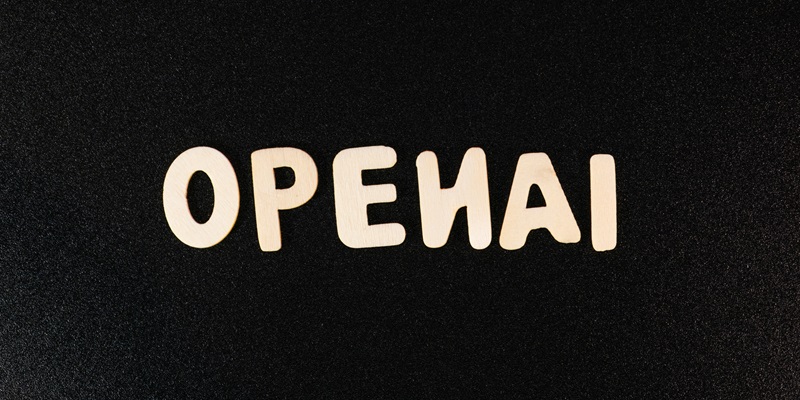The recent establishment of a safety and security committee by OpenAI signifies its response to internal and external discussions regarding the delicate balance between fast-paced technological innovation and the necessity of AI safety. Amidst the transformative development of AI technologies, examining OpenAI’s approach offers insights into how groundbreaking tech firms navigate the intricate pathway of pioneering advancements while committing to ethical standards and security.
Reshaping Governance for AI Safety
The Genesis of the Safety and Security Committee
In response to internal critiques and significant resignations, OpenAI’s decision to form a new safety and security committee is a strategic pivot towards bolstering the governance of its AI research and development. The committee represents OpenAI’s acknowledgment of the growing urgency to harmonize innovation with safety, ensuring that internal momentum does not outpace the crucial safety nets required in AI advancement. This shift mirrors the heightened industry awareness that cutting-edge technology must be sensibly reined in and guided by thoughtful oversight mechanisms to prevent unforeseen consequences and maintain public trust.
Composition and Responsibilities of the Committee
Gathered within the freshly-minted committee are influential OpenAI insiders alongside notable figures from the tech industry, combining a spectrum of expertise to fortify the firm’s safety protocols. The initial agenda is clear-cut: scrutinize the existing safety architecture and propose enhancements. The committee’s reports, promised to be shared publicly, will shed light on how OpenAI intends to navigate the intricate terrain of AI innovation while adhering to the imperative of civil and commercial safety.
Navigating Internal Challenges and AI Advancements
Internal Dissent and Leadership Changes
The resignation of highly regarded AI researcher Ilya Sutskever and the consequent reevaluation of the safety team’s direction sent ripples through OpenAI, highlighting the nuanced struggle between safety and product advancement. These events within OpenAI reveal a complex fabric of organizational challenges that grapple with the dual pursuits of leading AI development and conscientiously safeguarding the protocols surrounding such potent technology. The establishment of the committee seems to be a response aimed not just at quelling internal dissonance but also at reaffirming OpenAI’s commitment to safety in the eyes of its peers and the public.
Upcoming AI Models and Their Implications
As OpenAI quietly develops its next-gen AI model, expected to surpass the capabilities of GPT-4, the tech giant is faced with the Herculean task of ensuring that the leap in technology is matched by equivalent strides in safety. This balancing act between innovation and responsibility reflects the challenges confronting AI pioneers—how to push the boundaries of what’s possible while crafting the safety harnesses essential to secure the ascent. OpenAI’s endeavors epitomize this dilemma, threading the needle between leading the AI charge and embedding robust safety paradigms into the framework of these powerful technologies.
The Broader AI Safety Ecosystem
Influences of AI on Society and Regulation
OpenAI’s efforts do not exist in isolation; they are part of a larger story in which AI’s expanding influence is reshaping the societal and regulatory landscape. From cybersecurity initiatives to adjustments within the intelligence community, the impact of AI adoption is evident. Initiatives such as integrating formerly incarcerated individuals into cybersecurity roles and using AI for financial fraud detection illustrate the extensive societal imprint of this technology. These factors emphasize the necessity of comprehensive AI governance and highlight the importance of thorough safety considerations.
The Industry’s Evolving Landscape
OpenAI’s recent establishment of a safety and security committee is an explicit response to the pressing issue of how swiftly AI technologies are progressing versus the need for AI safety. This initiative reflects the wider industry’s collaboration with the rapid evolution of technology and emphasizes the company’s resolve to preserve ethical standards and security. By instituting this committee, OpenAI is not only addressing internal and external concerns—it is also setting a benchmark for other technology innovators. Their approach illustrates the complex interplay for entities at the forefront of technology as they aim to lead advancements without forsaking the ethical and security ramifications intrinsic to such fast-paced development. OpenAI’s action offers a window into the thoughtful deliberation that accompanies technological breakthroughs in the AI industry.

